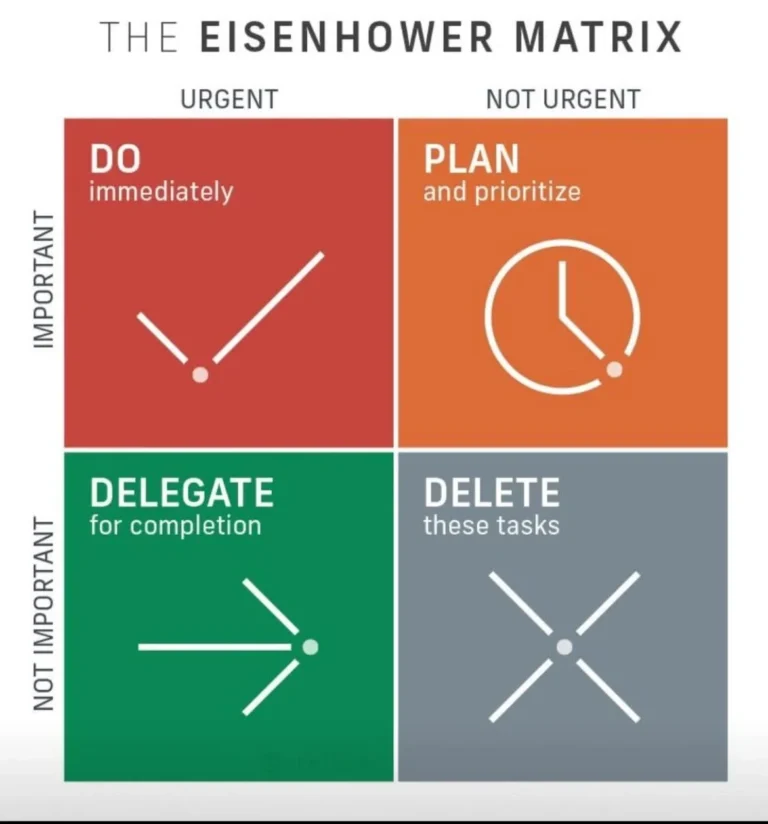
Hey,
We all know that Emotional intelligence (EI) has a significant influence on almost any team dynamic or decision-making issue, decisions that can often determine our ‘happiness’ & subsequent well-being.
But so many people I came across in the leadership & performance space are cleary unhappy and I wanted to dig deeper in to ‘how’ to address this. Subsequently I’ve become fascinated with the next layer of our cognitive function & the potential ‘pursuit of happiness’.
That’s where metacognition comes in— our ability to think about our thinking. It’s a kind of self-awareness that gives us the tools to step back, observe, and steer our thoughts and emotions rather than be swept away by them. If emotional intelligence is the “what,” metacognition is the “how.”
From a neuroscience perspective, metacognition draws on several key regions of the brain:
- The prefrontal cortex (our executive center), which helps with planning, reflection, and self-control.
- The anterior cingulate cortex, which monitors conflicts and errors—helping us detect when something feels “off.”
- The insula, which helps us become aware of internal states, including emotions and bodily sensations.
Together, these regions help us notice our mental and emotional patterns—and adjust them in real time. This is where metacognition becomes a superpower in leadership.
What are emotions, really?
Emotions are not just “feelings” in the abstract. They are complex biological signals—chemical and neural responses—designed to help us quickly assess our environment and act. At their core, emotions are data. They let us know whether something is a threat or an opportunity. Fear says “protect yourself.” Anger says “something’s unjust.” Joy or happiness? That tells us, “this is good—stay with it.”
Importantly, the research actually shows us that happiness isn’t a destination—it’s often a by-product of engagement, connection, and meaningful progress. The myth that we’ll arrive at a permanent state of happiness once we achieve “X” is what psychologists call the arrival fallacy which I’ve discussed before in this blog. And in leadership, it’s especially important to recognise that progress, not perfection, is where real fulfilment lies.
Here are a few of the takeaways that have stuck with me from the reading & listening I have been doing:
- Manage your emotions, or they’ll manage you.
Leadership isn’t about suppressing emotion—it’s about recognising it and choosing your response. - Emotions are data.
Are you perceiving a threat or an opportunity? This mindset shift can completely alter your approach. - Emotions are like a dial—not a switch.
You can tune them, rather than flip them on or off. This takes practice, but it’s powerful. - Learn it. Understand it. Practice it.
Metacognition isn’t a talent, it’s a trainable skill. One we can all cultivate, especially in leadership roles. - Beware the “arrival fallacy.”
Leadership isn’t about reaching a perfect endpoint—it’s about embracing the journey. Progress has always been more meaningful than perfection. - Complicated vs. complex problems.
Complicated problems can be solved with formulas. Complex ones? They require patience, adaptability, and humility. - We love complexity.
Think about rugby, soccer or sports in general —strategy, unpredictability, constant feedback loops. It’s messy, but it’s engaging. Leadership is the same.
In conclusion
Metacognition invites us to pause, reflect, and choose more wisely. It’s not just about being smart—it’s about being aware. And that awareness can make all the difference.
Thanks for reading. Have a great week striving to be a better leader or team-mate.
Rich x





